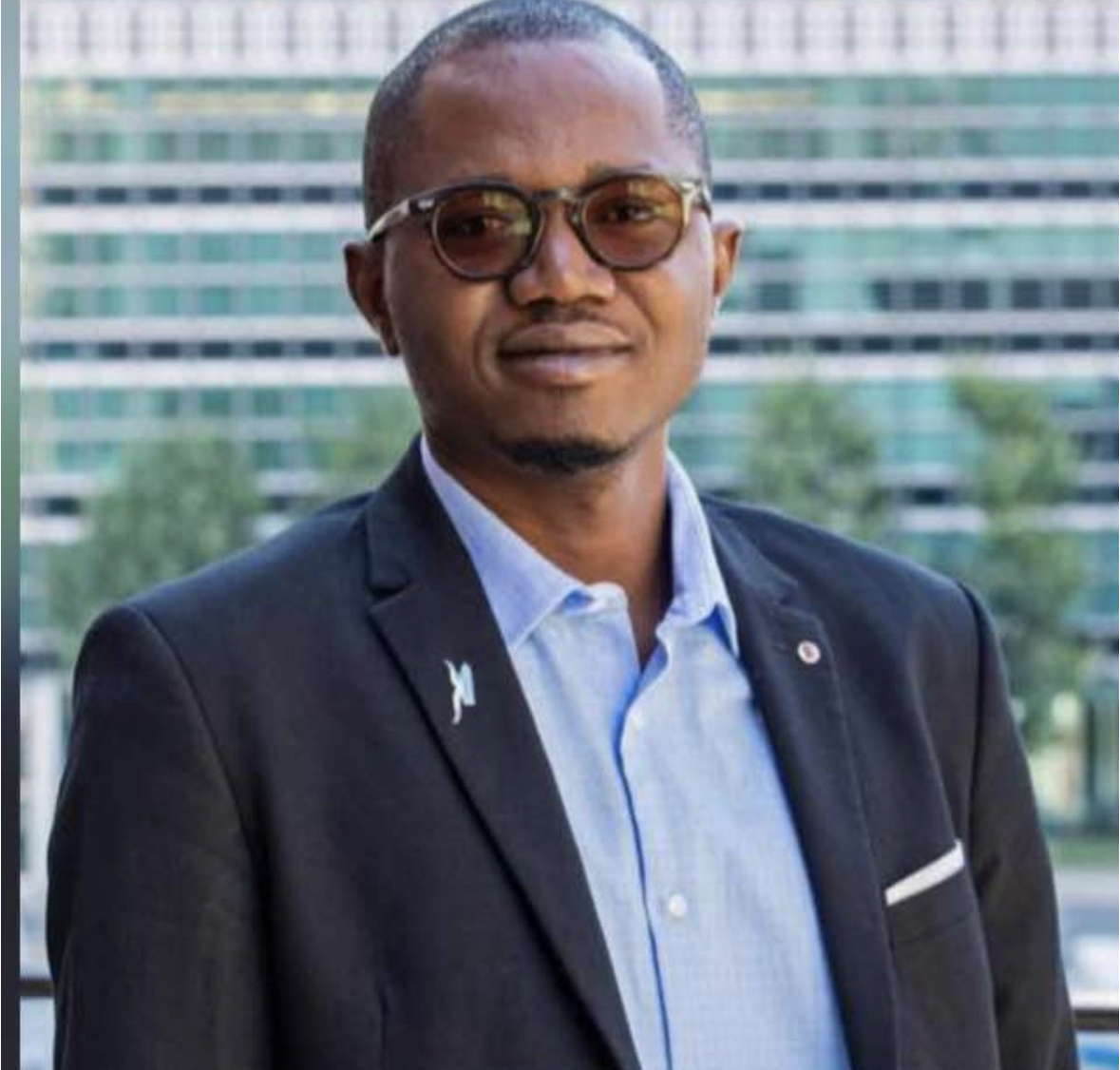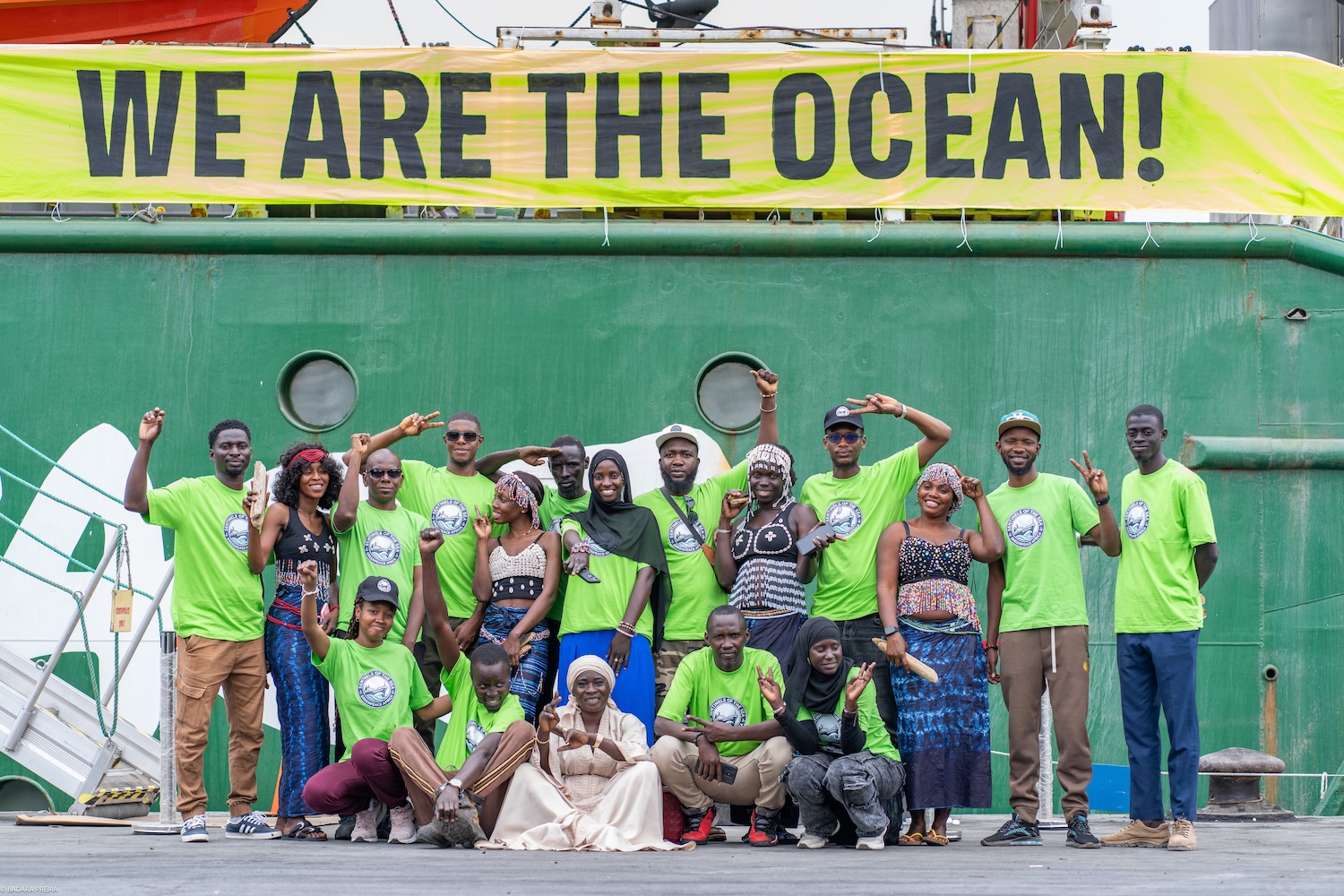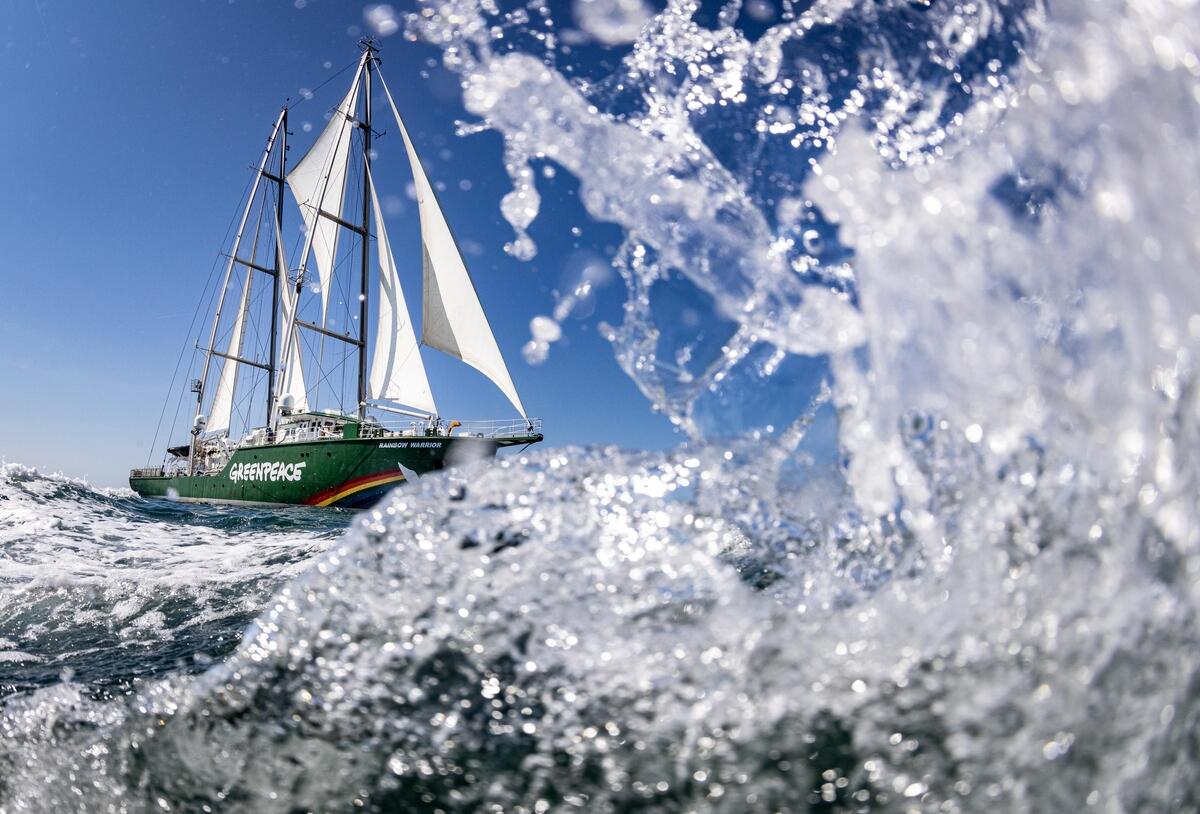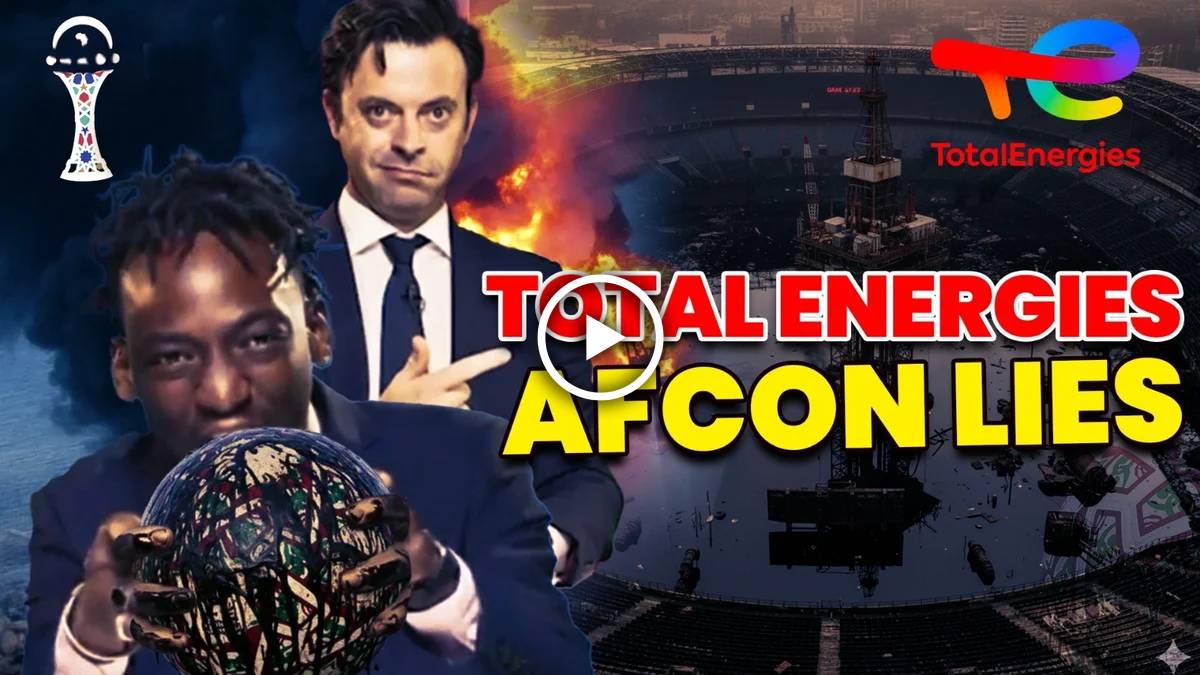For years, civil society and coastal communities have called for an end to the subsidies that fuel overfishing and ocean destruction. On 15 September 2025, the World Trade Organization (WTO) finally made history: the Agreement on Fisheries Subsidies entered into force. This marks the first binding global step to curb billions of dollars in harmful fishing subsidies that deplete our seas and threaten livelihoods.
Why this agreement matters — and why now
Across the world, public money continues to prop up industrial fleets that fish farther, deeper and longer than the ocean can sustain.
Each year, governments spend more than 35 billion USD subsidising the fishing sector and nearly two-thirds of that encourages overfishing.
The results are devastating. One in three fish stocks is already overexploited, while coastal ecosystems are collapsing under the combined weight of climate change, pollution, and industrial pressure. Across the continent, small-scale fishers in Africa, the true stewards of the ocean, can barely compete with heavily subsidised foreign fleets.
The WTO agreement arrives at a crucial moment. It sends a powerful message: we cannot protect the ocean while paying for its destruction.
What the WTO Fisheries Subsidies Agreement does
The agreement bans three of the most harmful forms of subsidies:
- Illegal, unreported and unregulated (IUU) fishing : no government can subsidise vessels or operators caught fishing illegally.
- Fishing on overfished stocks: no subsidies are allowed for operations targeting stocks already declared overfished.
- Fishing in unregulated high seas: subsidies are banned for fishing in parts of the ocean without a management system in place.
It also introduces transparency obligations, requiring countries to publicly report how much they subsidise, to whom, and for what purpose.Developing countries are granted transition periods and support through a new WTO Fish Fund, enabling them to shift toward more sustainable practices.
This is not the end of the story. Governments still need to negotiate additional rules to address subsidies that increase fishing capacity, such as fuel or vessel modernisation.
Still, this agreement represents a crucial first step toward fairness, accountability, and recovery.
What it means for Africa’s coastal communities
For many African nations, fish is life. It’s food, culture, and income. From Saint-Louis to Joal, from Nouadhibou to Cape Town, millions of families rely on the sea for survival.Yet industrial fleets, often foreign-owned, sweep up resources at a pace that artisanal fishers cannot match.
By curbing harmful subsidies, this agreement offers a real chance for recovery. It will allow fish stocks to rebuild, ensuring long-term food security for millions. It will help level the playing field for local fishers facing subsidised industrial giants, while promoting greater transparency and accountability in the use of public funds.Most importantly, it will protect coastal livelihoods, particularly those of women processors and young people working along the value chain.
A healthy ocean is not only an environmental necessity, it’s an economic and social lifeline.
Up to 20% of the world’s illegal catches come from West African waters, costing the region over 2 billion USD annually.That is why this agreement matters so deeply: it’s not only about saving fish, but about restoring fairness and dignity for those who depend on the sea.
The road ahead
The agreement’s entry into force is a victory for global cooperation but success will depend on implementation. Governments must move quickly to ratify, enforce, and report transparently.Citizens and civil society must continue to monitor and hold leaders accountable.
If countries honour this commitment, it could mark the beginning of a new era, one where our oceans recover, our communities thrive, and public money finally supports life, instead of depletion.
It’s time to make the promise of this agreement real, for our oceans, and for the millions of people who depend on them.

Aliou Ba
Ocean Campaign Lead, Greenpeace Africa



